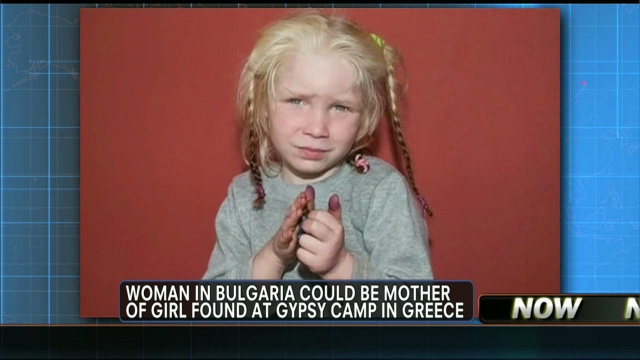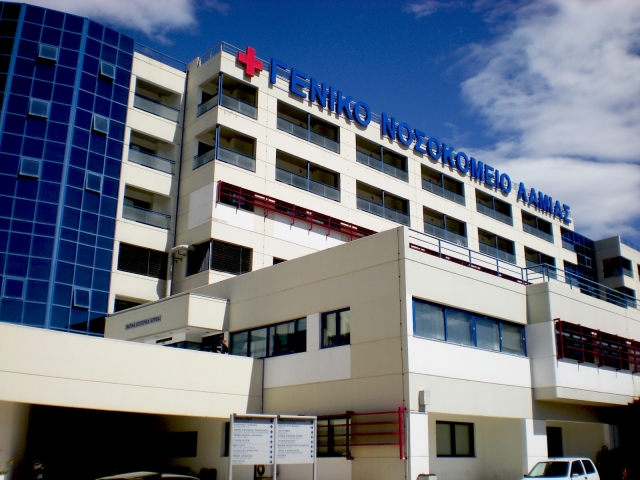Anastasia Balezdrova
Bulgaria has occupied a firm position in the business of illegal adoptions in Greece. The case of the "blond angel", Maria, who was found in a Roma camp in Farsala, had become world news, and only a few days ago, five Bulgarians were arrested in an attempt to sell an 11-day-old baby. According to the Greek police, two of them had been apprehended in a similar case in 2006 and the whereabouts of the other two children of the biological mother of the baby has not yet been established.
However, these are only two of the cases that have become known for their great publicity. Nobody knows the exact number of the children, victims of the trafficking that seems to have established itself permanently, despite the efforts of the authorities of both countries to stop it. The rates also vary. While the agreed sales price of the baby in Volos was 5,000 euro, last June, the police in Thessaloniki had broken up a network the members of which were trying to sell a 2-week-old baby for 15,000 euro.

The operation had apprehended five people, including the biological mother of the child. Indicative of the booming of this profitable "business" is the fact that, during the operation in the flat in the Ambelokipi neighbourhood in Thessaloniki, the police had found another woman ready to give birth in the coming days.
The 11-day-old baby who is the subject of the recently revealed deal is still in the ward for premature infants of the hospital in Volos, as stated by its director Kostas Karabatsas for GRReporter. He says that the child is in perfect health and will remain under the care of medical staff until the regional prosecutor announces his decision on where the child will be transferred and when the procedures for his adoption will begin.
The hospital in Lamia, where little Maria was born, confirms the close cooperation between the Bulgarian and Greek authorities, aiming at breaking up the criminal networks for baby trafficking.

"About a year ago we were requested and provided data for all births in the hospital within a period of two years. They involved Maria’s birth too," Dr. Anastasia Fouka, head of the gynaecological clinic at the hospital, told GRReporter.
In the period 2008-2010, the hospital had registered a large number of births to Bulgarian women. According to data announced by the local media, Lamia Report, they constituted almost 10 per cent of the total. For example, in 70 out of 700 births in 2009, the mothers were from Bulgaria.
During an investigation of the hospital registry and the "Civil status" department of Lamia municipality, the media found out that in the period 2007-2012, 107 out of a total of 274 children born to mothers with Bulgarian citizenship had been given up for adoption.
Dr. Fouka states for GRReporter that the mothers do not obtain the birth certificates as they are sent to the municipality through official channels. "When the mothers do not present any official identity document, which happens rarely, they are registered with the data presented through a relevant note."
We recall that the case of Maria has uncovered the big gap in the method of registration of births in Greece. Under the current law, which is still in force, the registration of a newborn child can only be based on the affidavits of two witnesses.
According to Dr. Fouka, the number of births to Bulgarian women in the hospital in Lamia has decreased over the recent years but "This should not be considered indicative because the number of all births, regardless of the origin of the mother, has decreased as well."